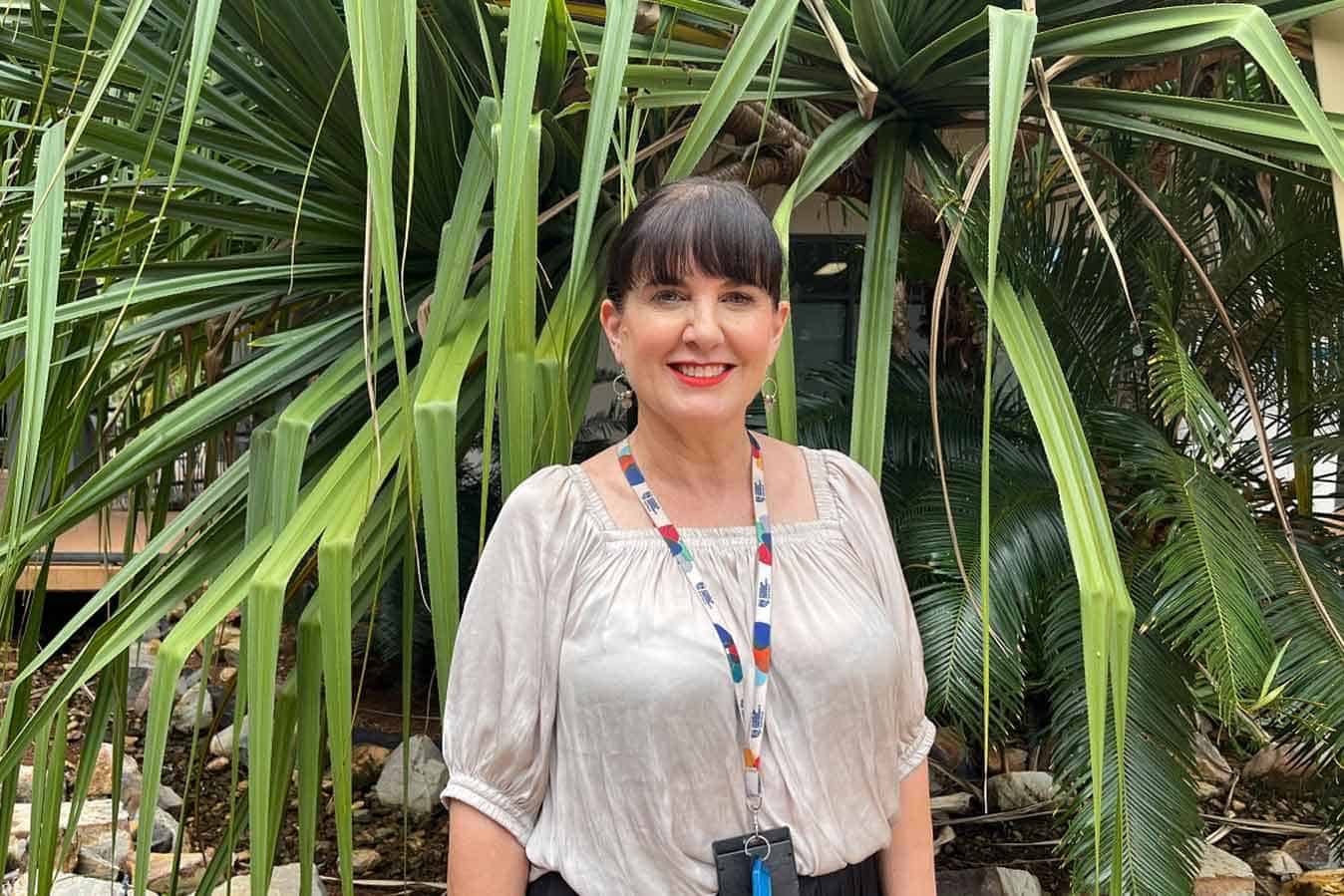Lengthy, unpaid placements in higher education causing stress and financial instability for students have prompted calls for greater flexibility and sustainability in undergraduate clinical learning.
Charles Darwin University (CDU) Head of Social Work, Associate Professor Lisa Hodge, told the ANMJ that a lack of flexibility and financial pressures put a strain on students who needed to undertake placements as part of their studies.
“The requirements of lengthy placements restrict the conditions in which students can engage in the workforce, and this in turn reduces the likelihood of their workforce participation when they graduate,” Associate Professor Dr Hodge said.
“Social work isn’t the only discipline where students are affected by unsustainable work placements – placements in nursing also put pressure on students to dedicate the majority of their time to emotionally-intensive unpaid labour, which leaves little time for anything else.”
Social work placements currently require 1,000 hours, and nursing 800 hours, of placement, which can impede on students’ ability to continue paid full-time work, maintain financial stability, and prioritise their own self-care and wellbeing, Associate Professor Hodge said.
Major drawbacks of placements for students included undue pressure on mental health and wellbeing, student poverty, a limited choice of workplaces and a great lack of flexibility to engage in paid work.
“It’s not only a barrier in terms of poverty but it impacts on students’ mental health and wellbeing. They may have to give up paid work to do unpaid work [clinical placement], causing stress and financial hardship,” Associate Professor Hodge said.
“Gone are the days when students live at home, supported by their families. There are a lot more mature aged students, single parents and for our First Nations students, they are often the first generation to go through university. Unpaid clinical placements are a significant barrier for them.”

The demand for clinical placements meant universities had to cap undergraduate student quotas, at a time of widespread healthcare professional workforce shortages.
Associate Professor Hodge argues there was insufficient evidence to support that the number of 800 hours or 1,000 hours provides students with more confidence or makes them better practitioners.
A reduced number of required hours, potential government funding and alternative placement models are among the changes that some academics are advocating and were discussed at a major field education summit in Sydney earlier this year.
“Students shouldn’t have to make such a choice – we can do something about this and change placements to be more equitable and sustainable during critical years of study.”
“To do unpaid work can mean having to choose between putting petrol in the car to get to placement or having enough food for the week,” Associate Professor Hodge said.
The ANMF is exploring undergraduate employment models including paid student placement hours that contribute to obtaining qualifications and possible wage replacement for undergraduates when on clinical placement.
A 2022 joint study conducted with five Australian universities, including CDU, found students’ lived experiences of poverty during placements imposed on relationships, care-giving duties and nutrition.
The researchers argued that the requirements of lengthy placements restricted the conditions in which students can engage in the workforce and by doing so increased the precarity of their workforce participation.
“In a course too, where there are more mature age students than is the case in other degrees and where the student cohort is comprised overwhelmingly of women, this might be even more apparent, given that female mature age students are more likely to have caring responsibilities than other cohorts of students,” the researchers add.
“Particularly given that social work and nursing are both female-dominated professions, it further disadvantages women, at a time when we’re looking at gender equality,” Associate Professor Hodge said.









2 Responses
Centrelink payments don’t happen for many students because it goes off their parents wages even though they are predominantly living away from home. The placement times and lack of notice of “rosters” means many can’t work paid work during that time and some work places won’t support the students ( my daughter worked at a hospital that wouldn’t give her time off)!!
It’s a burden for post graduate students too. I’m currently using my LSL to get my McHn qualification. That takes a nurse/midwife put of the workforce at a time of shortages. We already have 2 qualifications, and it takes 300 unpaid clinical hours to gain a third without taking into account study time and fees. All this for a pay rise of less than a dollar an hour.